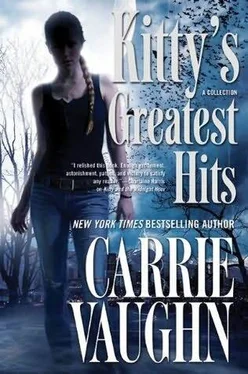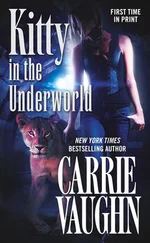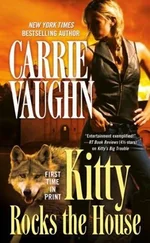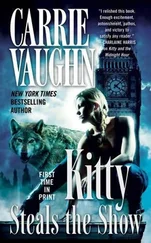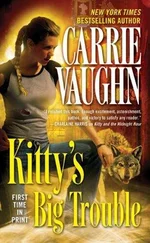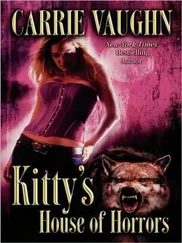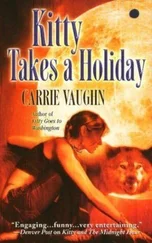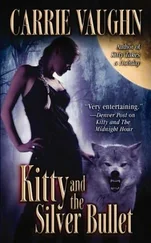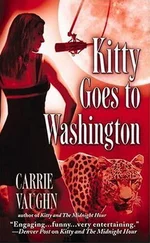Diego braced his spear across Ricardo’s neck and dragged him back. Reflexively, Ricardo dropped his weapon and choked against the pressure on his throat, a memory of the old reaction he should have had. But now, he had no breath to cut off. The pressure meant nothing. Ricardo fell, letting his head snap back from under the bar, and his weight dropped him out of Diego’s grip. Another demonic movement. But he would not survive this fight as a human.
Esteban came at him with his spear, ready to pin him to the ground. Ricardo rolled, and did not stop when he was clear. I am mist, I am speed. He spun and wrenched the spear from Esteban’s grip. He was charging one way and couldn’t resist the force of Ricardo’s movement in another direction. Even then, Ricardo didn’t stop. He slipped behind Esteban, who had pivoted with equal speed and grace to face him. But he had no weapon, and Ricardo did. He speared the third of the demons through his dead heart. Another desiccated corpse collapsed at his feet.
Ricardo stared at Diego, who stood by, watching.
“I was right to want you as one of Fray Juan’s caballeros,” Diego said. “You are very strong. You have the heart to control the power.”
“Fray Juan is a monster.”
“But Ricardo, New Spain is filled with monsters. We both know that.”
Screaming, Ricardo charged him. Diego let him run against him, and they both toppled to the ground, wrestling.
How did one defeat a man who was already dead? Who moved by demonic forces of blood? Ricardo closed his hands around the man’s throat, but Diego only laughed silently. He did not breathe—choking did no good. He tried to beat the man, pound his head into the ground, but Diego’s strength was effortless, unyielding. He might as well wrestle a bear.
Diego must have grown tired of Ricardo’s flailing, because he finally hit him, and Ricardo flew, tumbling down the hill, away from his dropped weapons. Diego loomed over him now, with the advantage of high ground.
Ricardo made himself keep rolling. Time slowed, and he knew what would happen—at least what might happen. So he slid all the way to the bottom of the hill and waited. He wasn’t breathing hard—he wasn’t breathing at all. He hadn’t broken a sweat. He was as calm as still water. But Diego didn’t have to know that.
The smart thing for Diego to do would be to drive a spear through his chest. But Ricardo thought Diego would gloat. He’d pick Ricardo up, laugh in his face one more time, before tossing him aside and stabbing him. Ricardo waited for this to happen, ready for it.
But he’d also be ready to dodge if Diego surprised him and went for a quick kill.
“Ricardo! You’re more than a fool. You’re an idealist,” Diego said, making his way down the hill, sauntering like a man with an annoying chore at hand.
God, give me strength, Ricardo prayed, not knowing if God would listen to one such as him. Not caring. The prayer focused him.
He struggled to get up, as if he were weak, powerless, starving. Let Diego think he had all the power. He flailed like a beetle trapped on his back, while Diego leaned down, twisted his hands in the fabric of his doublet and hauled him to his feet.
Then Ricardo took hold of the man’s wrists and dragged him toward the hole that had swallowed Octavio.
Diego seemed not to realize what was happening at first. His eyes went wide, and he actually let go of Ricardo, which was more than Ricardo had hoped for. Using Diego’s own arms for leverage, he swung the man and let go. Diego was already at the edge of the pit, and like Octavio he made an effort to avoid the fall. But with the grace of a drifting leaf, he sank.
Ricardo stood on the edge and watched the body, stuck on the stakes on top of Octavio, turn to a dried husk.
* * *
He gathered up their horses and rode back to the church, torn between wanting to move and worrying about breaking them down. They had already made this trip once, and they were mortal. He rode both as quickly and slowly as he dared, and when he reached the village, the sky had paled. He could feel the rising sun within his bones.
Rushing, he unsaddled the horses and set them loose in the pasture. He would need resources, when he started his new life, and they were worth something, even in the dark of night.
He had only moments left to find Juan. Striding through the chapel, he hid a spear along the length of his leg.
“Juan! Bastard! Come show yourself!”
The friar was waiting in the back room where Ricardo had first spoken with him, a respectable if bedraggled servant of God hunched over his desk, watching the world with a furtive gaze.
“I felt it when you killed them,” the friar said in a husky voice. “They were my children, part of me—I felt the light of their minds go out.”
Don’t let him speak. Ricardo’s own power recognized the force behind the words, the connection that bound them together. His power flowed from the other.
Ricardo started to lunge, but the friar held up a hand and said, “No!” The younger man stopped, spear upraised, face in a snarl, an allegorical picture of war.
Fray Juan smiled. “Understand, you are mine. You will serve me as my caballeros served me. You cannot stop it.” The Master had a toothy, wicked smile.
Ricardo closed his eyes. He’d fought for nothing, all these years and nothing to show for it but a curse. He was not even master of his fate.
Free will was part of God’s plan. What better way to damn the sinful than to let them choose sin over righteousness? But he had not chosen this. Had he? Had something in his past directed him to this moment? To this curse?
Then couldn’t he choose to walk away from this path?
He started to pray out loud, all the prayers he knew. Pater Noster, Ave Maria, even passages of Psalms, what he could remember.
The friar stared back at him. His lips trembled. “You should not be able to speak those words,” Juan said. “You are a demon. One of Satan’s pawns. He is our father. The holy words should burn your tongue.”
“Then you believe the tales of the Inquisition? I don’t think I do. Come, Juan, pray with me.” Louder now, he spoke again, and still Juan trembled at the words.
“They’re only words, Padre! Why can’t you speak them?” Ricardo shouted, then started the prayers again.
The hold on his body broke. He had been balanced, poised for the strike, and now he plunged forward, his spear leading, and drove it into the friar’s chest. Juan tumbled back in his chair, Ricardo standing over him, still leaning on the spear though it wouldn’t go farther. Juan didn’t make a sound.
Juan’s skin turned gray. It didn’t simply dry into hard leather; it turned to dust, crumbling away, his cassock collapsing around him. A corpse decayed by decades or centuries.
Ricardo backed away from the dust. He dropped the spear. His knees gave out then, and he folded to the floor, where he curled up on his side and let the sleep of daylight overcome him.
* * *
Rumor said that the small estancia had once been a mission, but that the friar who ran it went mad and fled to the hills, never to be seen again. A young hidalgo now occupied the place, turning it into a quiet manor that bred and raised sheep for wool and mutton. The peasants who lived and worked there were quiet and seemed happy. The governor said that the place was a model from which all estancias ought to learn.
The hidalgo himself was a strange, mysterious man, seldom seen in society. Of course all the lords in New Spain with daughters had an interest in getting to know him, for he was not only successful, but unmarried. But the man refused all such overtures.
It was said that Don Ricardo had ridden north with Coronado. Of course that rumor had to be false, because everyone knew Ricardo was a man in the prime of his life, and Coronado’s expedition to find Cibola rode out fifty years ago.
Читать дальше
